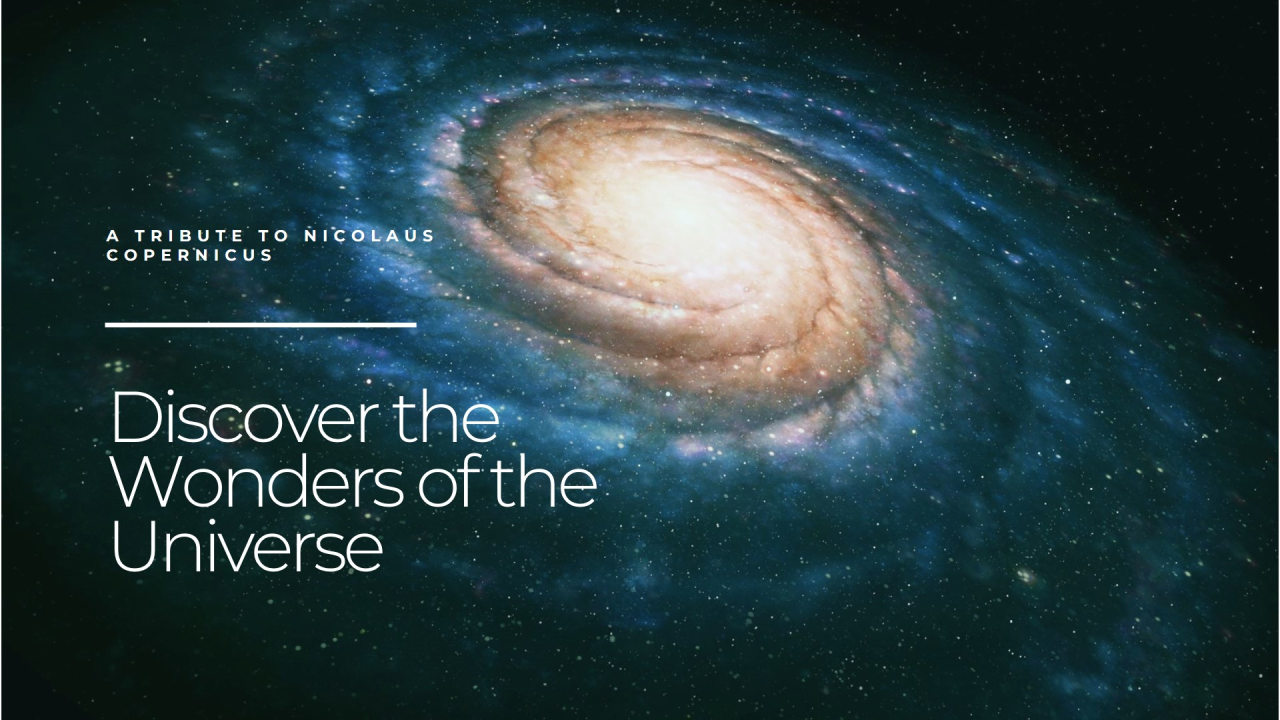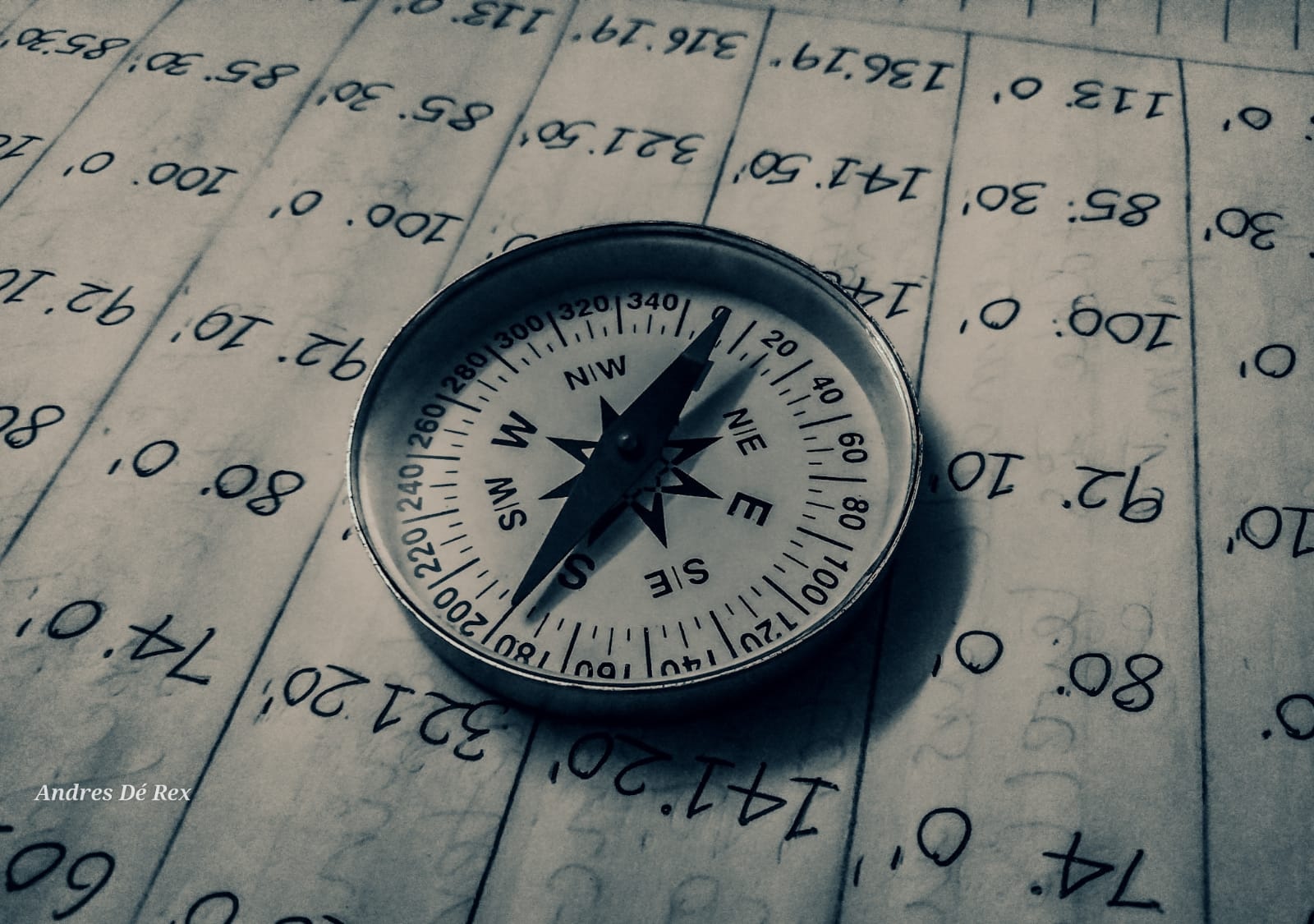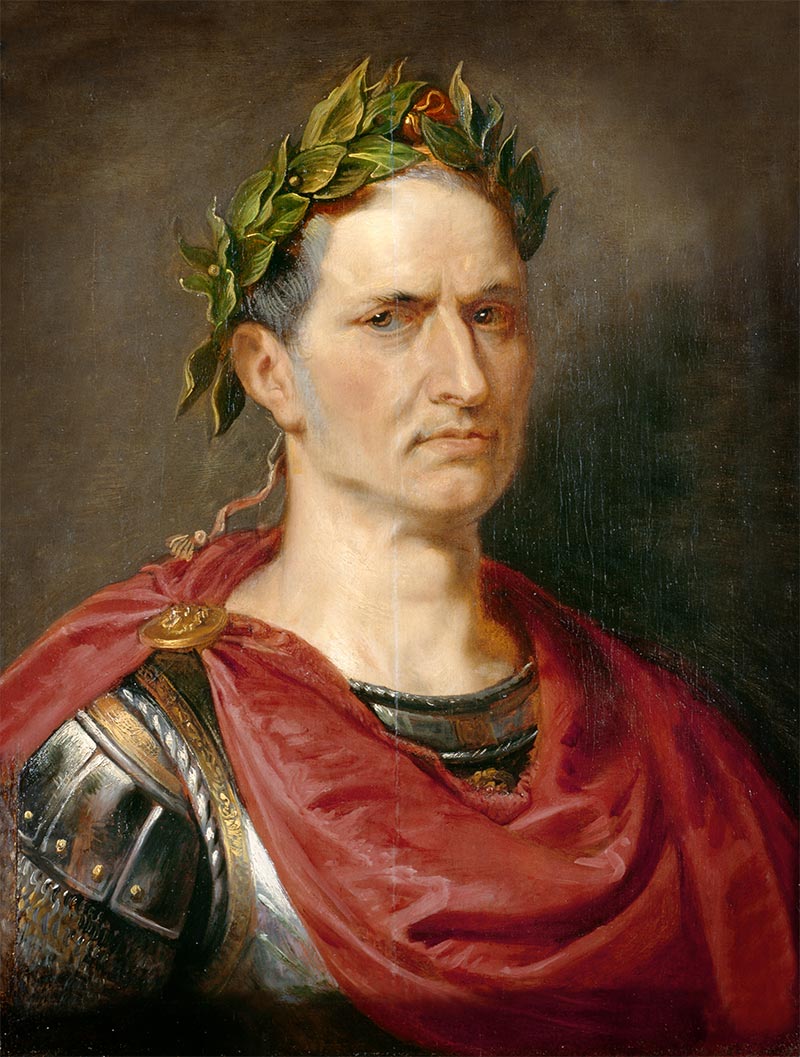On February 19, 1473, in Toruń, Poland, Nicolaus Copernicus—the man who dared to change the centre of the cosmos from Earth to the Sun—was born. Though his life was filled with many varied hobbies and endeavours outside of space exploration, his revolutionary work in astronomy permanently changed our knowledge of the universe.
Copernicus was raised in a secure and intellectually stimulating atmosphere because his parents were merchants and clergy. Following his father's premature death, Lucas Watzenrode, his uncle, assumed responsibility for his upbringing and education. Prominent clergyman Watzenrode sent Copernicus to study at the University of Kraków in 1491 to make sure he had the greatest education possible. Here, Copernicus was introduced to the complexities of philosophy, astronomy, and mathematics, which stoked his interest in astronomical occurrences.
In order to further his education at the University of Bologna in Italy in 1496, Copernicus moved there and resided with the well-known astronomer Domenico Maria Novara. Copernicus's criticism of the geocentric model of the universe—which put Earth at its center—was greatly affected by this mentorship. He pursued further education at the University of Padua, where he studied law and medicine. Later, the University of Ferrara awarded him a doctorate in canon law.
The widely accepted geocentric model promoted by Claudius Ptolemy was boldly replaced by Copernicus's heliocentric theory. For centuries the accepted wisdom in astronomy was the Ptolemaic system, with its intricate epicycles and deferents. In his more straightforward theory, Copernicus put the Sun at the centre of the cosmos, with Earth and the other planets revolving around it. In 1543, the year of his death, he released his ground-breaking treatise, De revolutionibus orbium coelestium (On the Revolutions of the Heavenly Spheres), which laid forth his thesis.
A heliocentric cosmos was not just a scientific theory; it was a significant departure from the previous worldview that was influenced by religious and scientific beliefs. Copernicus waited years to reveal his findings because he was worried about what might occur. When he did, many were curious about his views but also opposed to them. With the help of later scientists like Johannes Kepler and Galileo Galilei, the heliocentric theory took decades to become widely accepted.
Although being mostly recognised for his contributions to astronomy, Copernicus was a true Renaissance man with a wide range of skills and passions. He oversaw the financial and administrative matters of the Frombork (formerly Frauenburg) cathedral chapter while serving as a canon. In addition to controlling the grain supply and keeping an eye on the finances, he also practiced medicine. His medical expertise was especially wanted during plague and other disease epidemics. In addition to his work in mathematics, Copernicus wrote a treatise on the value of money and the depreciation of currency. His understanding of the economy was predicted and reflects his wide-ranging intellectual interest.
Astronomer and Artist: Copernicus was not only a skilled mathematician and scientist but also an amateur artist, producing illustrations of his astronomical theories in the form of drawings and diagrams.
Astronomical Tools: In order to make accurate observations of the sky, he built his own astronomical equipment, such as an armillary sphere and a triquetrum.
Delayed Fame: Copernicus's contributions took time to become well-known. His heliocentric concept was not fully understood until much later, thanks to the efforts of other astronomers and the invention of the telescope.
Deathbed Publication: It is reported that Copernicus saw the result of his life's labours before he passed away, as he was given a copy of his published De revolutionibus on his deathbed.
The legacy of Nicolaus Copernicus is evidence of the value of curiosity and the courage to go against conventional wisdom. In addition to changing astronomy, his heliocentric theory cleared the path for the scientific revolution, which altered our understanding of the cosmos and our place in it. His biography serves as a reminder that genuine innovation often requires having the courage to see past conventional wisdom and journey into unknown spaces.




